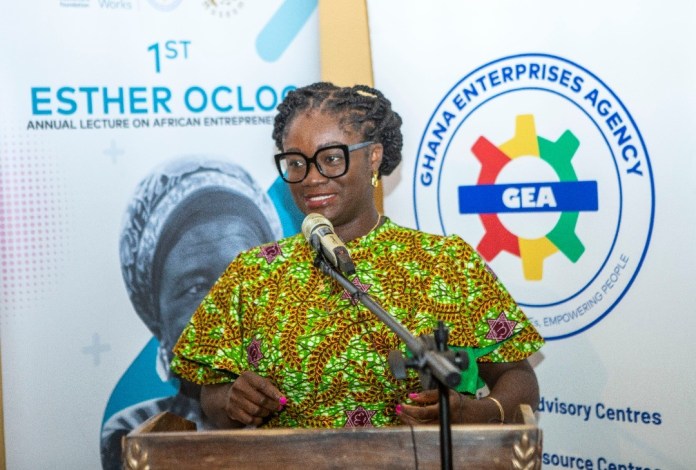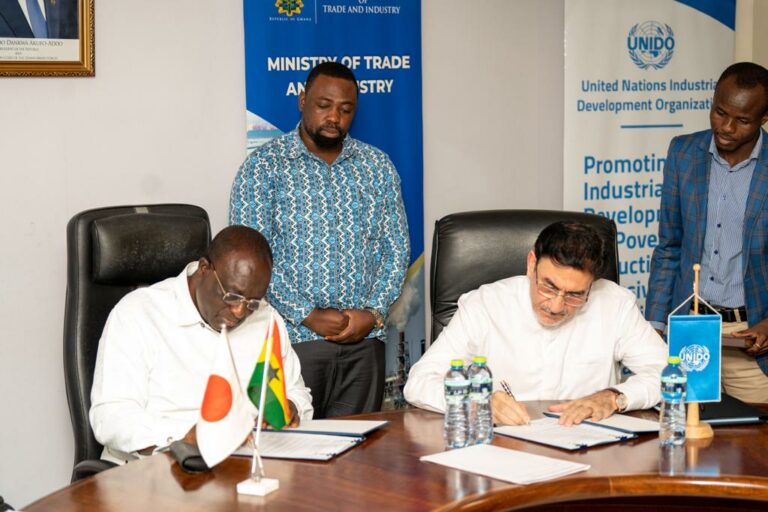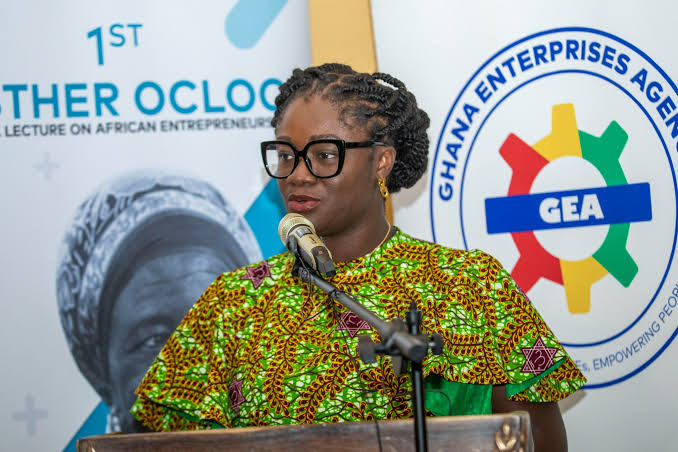The Chief Executive Officer of the Ghana Enterprises Agency (GEA) has called on Ghanaian Micro, Small and Medium Scale Enterprises (MSMEs) to ‘break through the odds’ and contribute massively to the country’s COVID-19 era recovery.
Last Friday in Sekondi, Western Region, at the inaugural Esther Ocloo Lecture on African Entrepreneurship, Mrs. Kosi Yankey-Ayeh stated that the government places great importance on the development of MSMEs because of their economic significance in job creation and contribution to the nation’s Gross Domestic Product (GDP).
About 84,592 MSMEs were identified nationwide in a recent survey authorized by the GEA in collaboration with the Young Africa Works Project of the Mastercard Foundation. However, just 5% of the aforementioned percentage export their goods, which is a significant blow to Ghana’s capacity to benefit from the African Continental Free Trade Area (AfCFTA) as the nation intensifies its recovery efforts from the crippling effects of the COVID-19 pandemic.
Addressing the Challenges for a Resilient Economy
During her speech, Mrs. Yankey-Ayeh acknowledged the difficulties facing the industry and stated that the GEA has implemented a number of initiatives to promote and strengthen the MSME sector and more particularly to target the economic empowerment of women in Ghana.
“From 2017 to 2020, a total of 635,890 persons have benefitted from the various interventions by GEA, with more than 60 percent of the total beneficiaries being women. The support ranged from business formalisation, access to finance, productivity, access to markets, among others,” she stated.
“The Ghana Enterprises Agency further implemented several programmes and projects in the past to accelerate women’s economic empowerment. GEA, in partnership with its numerous partners, has been embarking on interventions to unleash the potential of MSMEs, especially women and the youth.
“One of such interventions we have is the Ghana Women Entrepreneurship Summit (GWES) platform to advance the women empowerment initiatives in Ghana. Through this, the agency has aligned MSME support systems to consider the needs of MSMEs owned by women. The GWES platform has also helped to expand GEA’s network of business associations including the creation of the Women Entrepreneurs Rise Network (WERise) with over 900 registered members.
“Other interventions have been the Coronavirus Alleviation Programme Business Support Scheme (CAPBuSS), where funds were disbursed to 277,511 beneficiaries, with 69 percent of them being women,” she added.
Touching on the maiden Esther Ocloo Lecture, Mrs. Yankey-Ayeh said the event aligns with government’s ‘Ghana Beyond Aid’ agenda, and it’s focus on transforming Ghana’s MSMEs into engines of economic growth.
She, therefore, commended the Chairman of Bisa Abrewa Museum for the brilliant idea, and the staff of GEA for working together with the Bisa Abrewa team to make the memorable lecture a reality.










